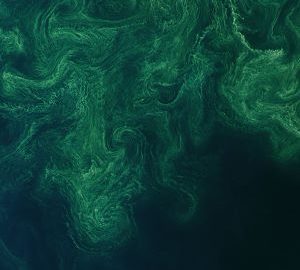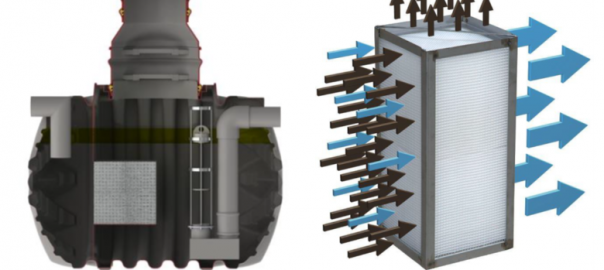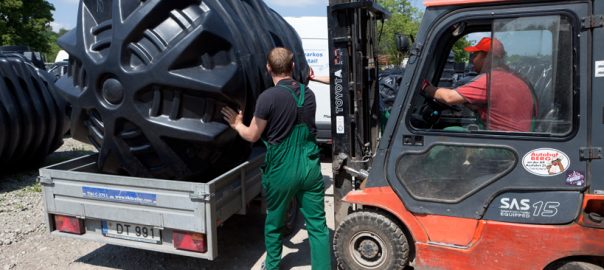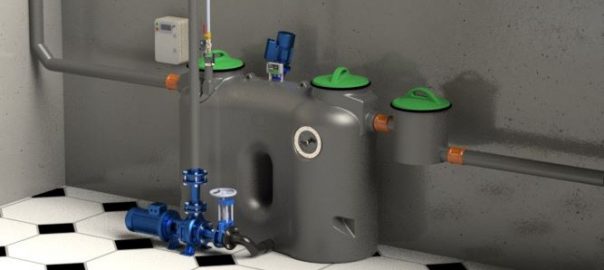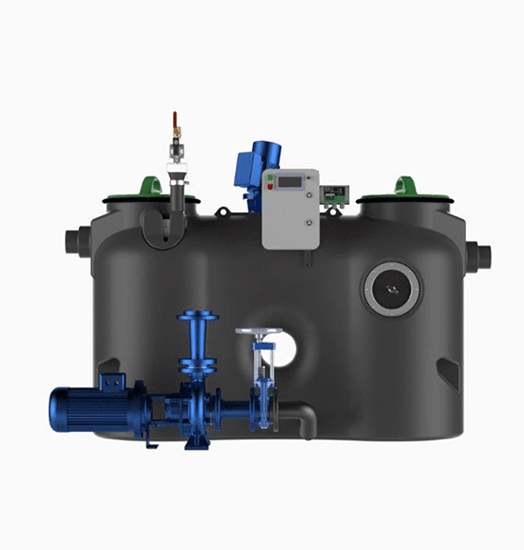
9 infrastructures that require oil/water separators (traps)
Oil-water separators are devices used to collect particles flowing in the rain. Many companies use oil-water separators to ensure compliance with the country’s water administration rules.
Each country has different laws and regulations regarding in what companies must install oil-water separators, although there are 9 main objects for which these separators are necessary:
1. Car washes
During car washing, dirt and oil particles adhering from the car parts flow from the vehicle with the water. Oil-water separators are most relevant in car washes, that perform car chassis cleaning.
2. Car services
Companies that sell cars or perform car inspections, such as car repair shops, oil and oil stores, maintenance institutions, etc.
3. The parking spaces
Areas where most machines can be seen – parking lots and garages. The car is often not completely in order and leaks grease that accumulates on the road surface, and rainwater washes them into the drain.
4. Gas stations
Gas stations always have a high flow of machines, and during refueling, often some of the fuel droplets fall to the ground, which in turn causes them to enter the environment through rain or other water sources.
5. Aircraft hangars
Airplanes, like cars, require lubricants, oil, and gasoline, which can lead to leaks.
6. Airports
Oil-water separators are needed not only in aircraft hangars but also in runways, airport parking lots, and garages.
7. Railway areas
Trains use a lot of oil for lubrication of equipment and other purposes, making railway areas oil discharge points.
8. Fuel storage
Large amounts of fuel are stored in fuel tanks, which can spill oil or oil products during tank filling or emptying.
9. Military units
Military units are full of different vehicles – cars, planes, and their storage or maintenance places – airports, hangars, garages, etc., where there is a high risk of oil spills.






